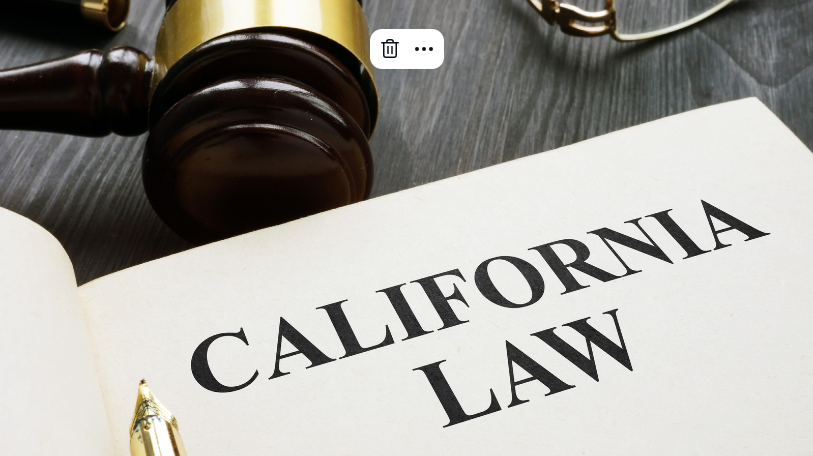5 STAR REVIEWS
RECOVERED
LOCATIONS
PRACTICE AREAS
Links

FREE CONSULTATION
(855) PLAN-DAN
DISCLAIMER : Personal Injury Cases: No attorney fees due unless the client receives a money settlement. If the client receives a money settlement, the client is responsible for costs incurred during case preparation.
*Nothing on this website constitutes or may be construed as legal advice, promises or guarantees nor establishes an attorney client relationship as every case is unique to the client”


